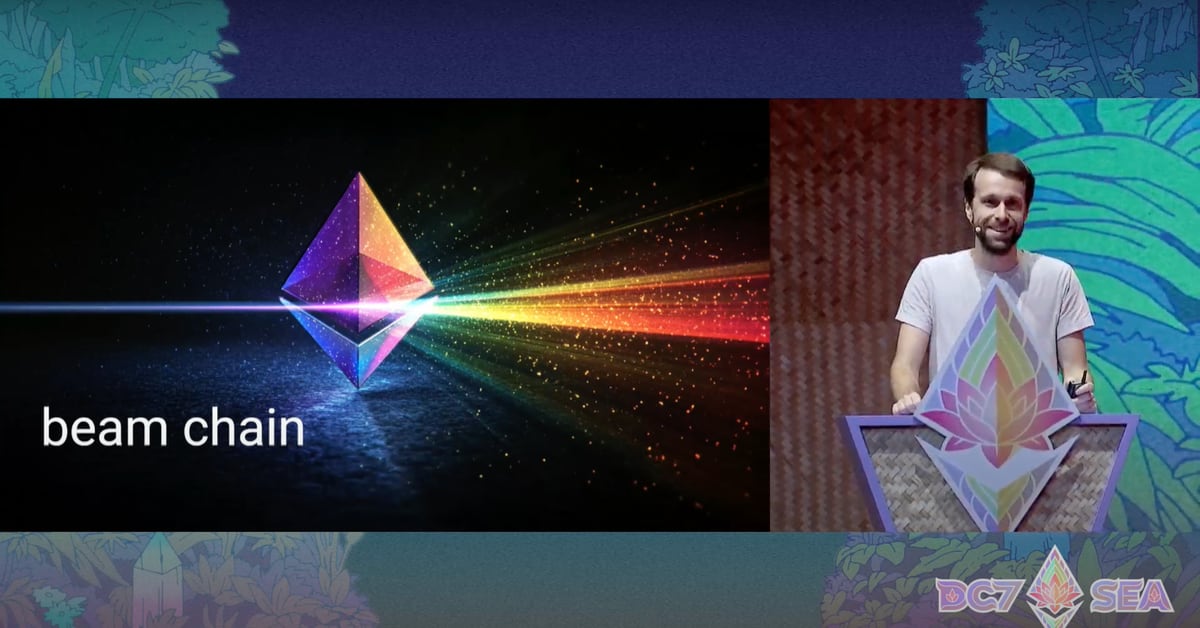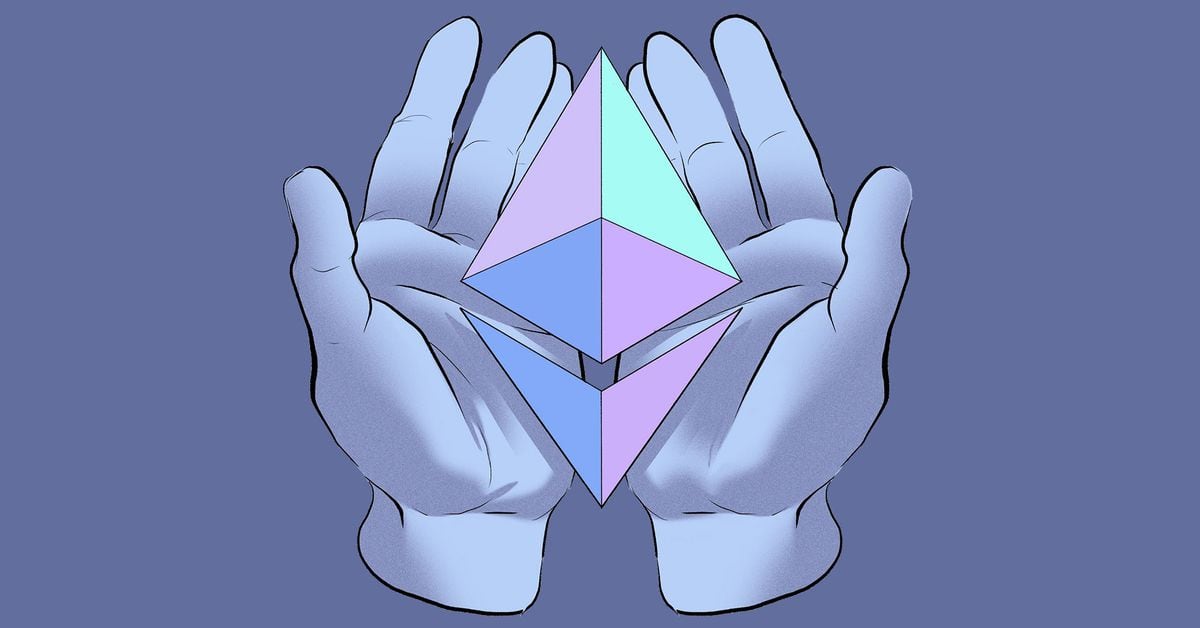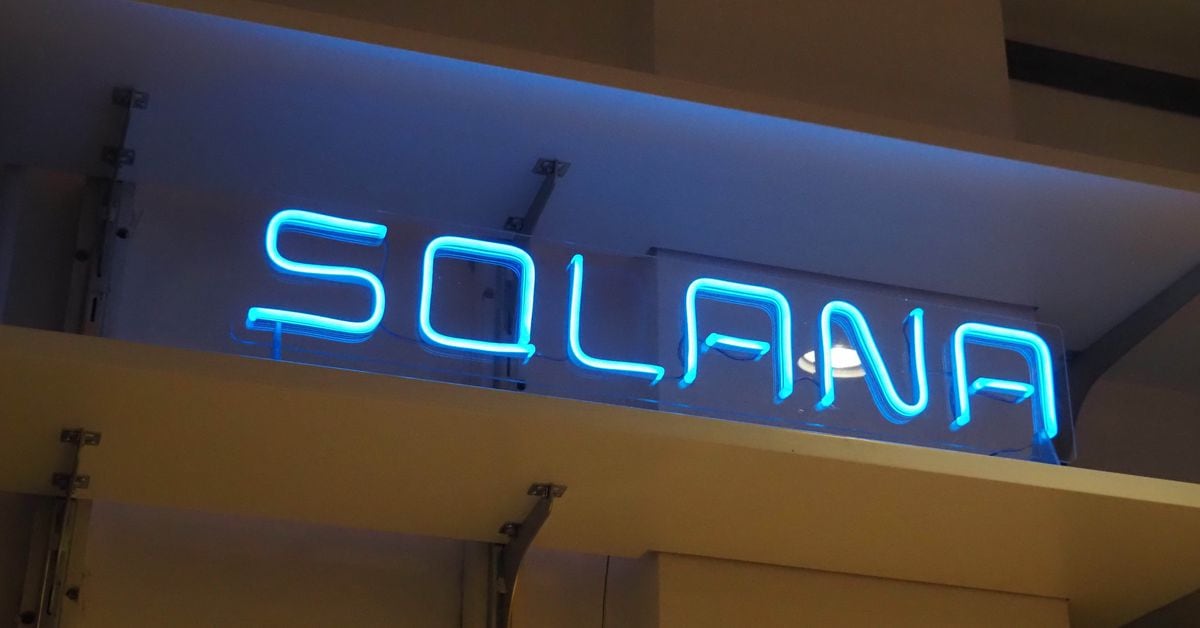Ethereum
Buterin labeled inflammatory X posts about the head of the Ethereum Foundation as “pure evil.”
Pectra is a “hard fork” of Ethereum encompassing an array of wallet, staking, and efficiency improvements.
In founding editor Bradley Keoun’s last issue of The Protocol, CoinDesk’s weekly newsletter devoted to blockchain technology, we’re covering Trump’s DOGE whistle and the slew of announcements from the big Ethereum conference Devcon in Bangkok.
The new platform, called the “Ethereum time machine,” extends Ethereum’s programming capabilities by allowing smart contracts to execute transactions based on uncertain or not-guaranteed future events.
The Beam Chain groups a number of big-ticket upgrades, including zero-knowledge support and fast finality, into a single Ethereum upgrade.
“Namechain” will use a zero-knowledge rollup for scaling and is likely to go live around the end of 2025.
The foundation has spent roughly $240 million since March 2022, and holds most of its treasury in ether, which has slid roughly 22% since the last financial report.
Eclipse raised more than $50 million from investors but has been marred by controversy over the past year.
Solana has a reputation as a memecoin hub, but financial institutions are looking to build on the network.
Researchers Justin Drake and Drankrad Feist set off a controversy in May when they revealed that they’d accepted big token payouts from EigenLayer, raising conflict of interest concerns.









